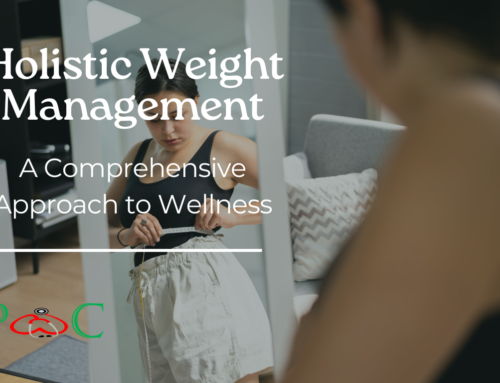
Living a healthy life requires commitment on the part of everyone. It is a continuous process from infant to adulthood. Thanks to advances in modern medicine, healthcare is becoming more accessible, though it seems not to be within reach like we would love to especially in this part of the world. Health is the condition of being sound in body, mind, or spirit, especially freedom from physical disease or pain (Merriam-Webster Dictionary)
No matter your age, an average adult takes care of themselves, children, spouse, parents and grandparents. Therefore, we need to be committed to a healthy living. Preventative care is the key to optimal health, and this begins with having a good understanding of the complications that could emerge if an individual is not proactive with wellness care. Despite the demand of life, we need to pause and listen to what our body is telling us. As we are taking care of our physical body, we need to also consider our mental state. I am an advocate for preventative care because it is much easier to avoid the problem before it starts, rather than having to deal with the complications.
Children: infant to 18 years old
Parents are responsible for laying the foundation for health and wellness for this age group. It is important to take them for their wellness visits and get immunizations as scheduled because they are vulnerable to infections at this age. By age 17, the following immunizations should have been completed. Hepatitis A, Hepatitis B, rotavirus, Diphtheria, tetanus, & acellular pertussis, pneumococcal conjugate, inactivated poliovirus, measles, mumps and rubella, varicella, meningococcal, Human papillomavirus, meningococcal B and pneumococcal polysaccharide. The recommendation is to establish with a pediatrician, and the children’s hospital in the metroplex.
Young adult: 19 to 25 years old
Transitioning to adulthood can be very tricky, especially as there has been a gap with seeking medical care in this age group. Individuals in this group will usually not seek medical care except there is a medical condition that demands immediate attention. They are becoming independent at this stage and will rather not discuss their health conditions with their parents. Common barriers to healthcare are lack of insurance coverage, busy schedule and not establishing with a primary care provider. It will be ideal for parents to make sure that the young adults continue to seek medical care as needed. Several colleges make provision for health insurance while they are enrolled. Immunizations include tetanus, diphtheria & acellular pertussis, and human papillomavirus if not received during the teenage years.
Adult over 25 years old
As we get older, we encounter several medical conditions including weight gain, high blood pressure, diabetes, high cholesterol, thyroid and hormone issues. However, it is less likely to seek medical care at this stage if you are relatively healthy. Interestingly, some individuals will rather visit their doctor for weight loss before considering other medical conditions. Regardless of the motive of your visit, make sure other medical conditions are also addressed during your visit. Always return for your scheduled follow up and get the necessary laboratory and diagnostic tests done as recommended by your doctor. Common laboratory tests include Complete Blood Count (CBC) which gives a detailed information about your blood levels; Comprehensive Metabolic Panel (CMP) which gives the current status of your metabolism, liver, kidney function, electrolytes, glucose and protein; Vitamin D, cholesterol levels, thyroid function test and urine test. Prostate specific antigen and testosterone for men. HIV testing is also recommended.
Immunizations include 2 doses of zoster virus starting at age 50, 2 doses of pneumonia vaccination starting at age 65 except in individuals with low immunity.
Diagnostic tests for women include pap smear every 2 years; yearly mammogram starting at age 40, or earlier if there is any family history of breast cancer; colonoscopy starting at age 50 or earlier if there is any family history of colon cancer; bone density test to screen for osteoporosis in women starting from age 65 or earlier if there is a history of multiple fractures in both men and women; prostate test in men. The determination to stop these screenings will be based on individual’s medical history and current guidelines. It is important to build a trusting relationship with your doctors and always ask questions whenever you go for your visits.
If you are concerned about how to seek medical help due to inadequate or lack of health insurance, you can contact . #469-999-0009
www.peacehealthandwellnessclinic.com
What is in your health wallet?
Regular exercise √
Daily multivitamins √
Smoking X
Massage √
Learn to cope with stress √
Consuming excessive alcohol X
Regular checkups √
Healthy diet √
Health screenings √
Olubunmi Awe, DNP
07/2020



